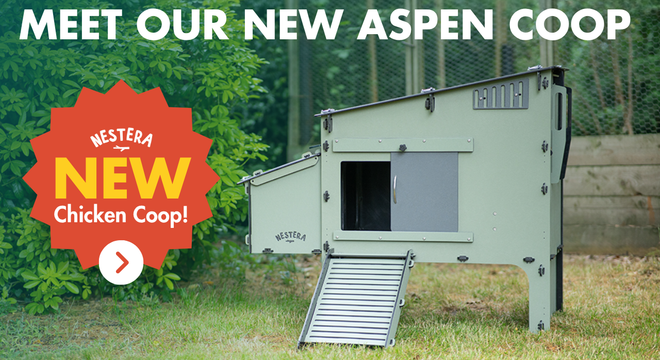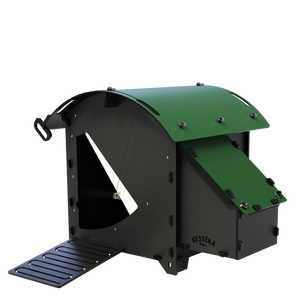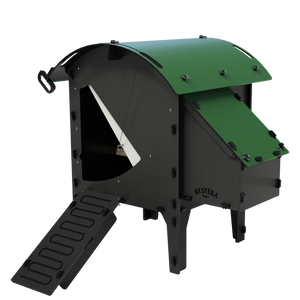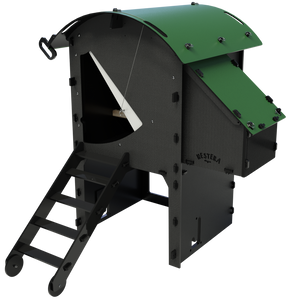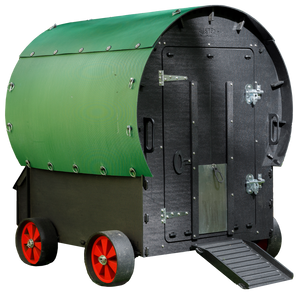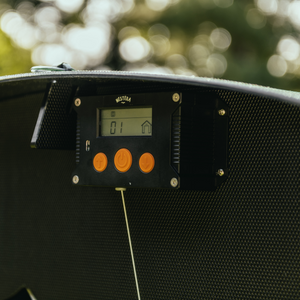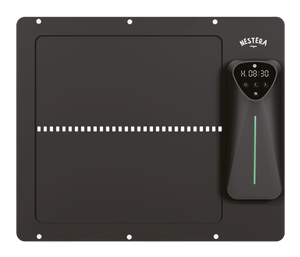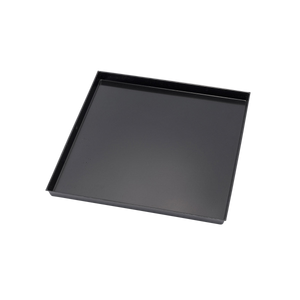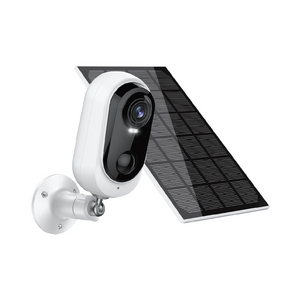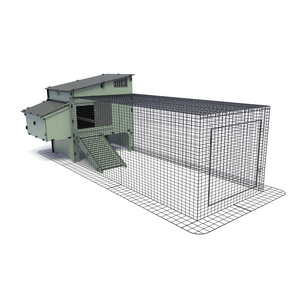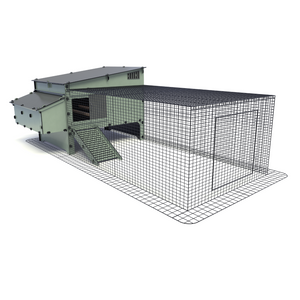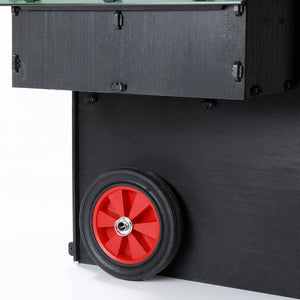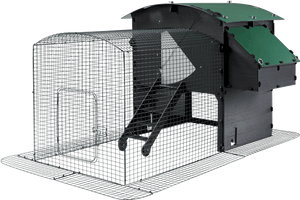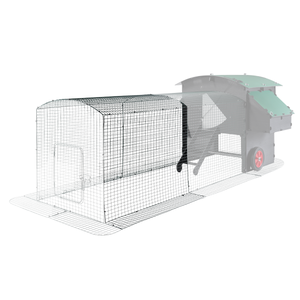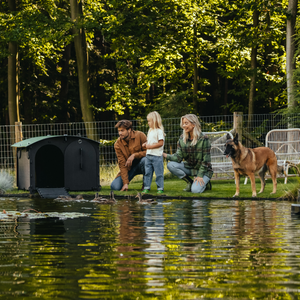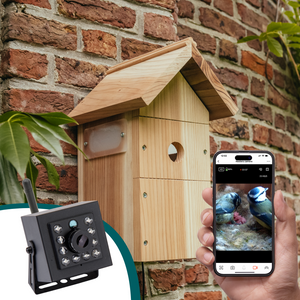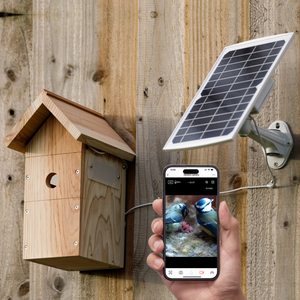As chicken keepers, we strive to create the best possible environment for our feathered friends. One concern that often arises when it comes to our coops is whether their black colour can make them excessively hot during the summer months. To shed some light on this topic, we reached out to Dr. Daniel Cervenkov, a physicist from the renowned University of Oxford, who provided us with valuable insights into the thermodynamics of chicken coops. In this blog post, we will explore the fascinating science behind heat absorption, colour reflection, and the impact of shade on coop temperatures.
Understanding the Physics:
Dr. Cervenkov explains that dark-coloured objects absorb more light than light-coloured objects. This absorption leads to an increase in temperature, as the absorbed energy cannot be destroyed but is transformed into heat. However, he clarifies that when it comes to determining the temperature inside a chicken coop, factors such as ventilation and shade play significant roles alongside colour.
The Role of Shade:
Placing the coop in the shade drastically reduces the direct heating effects from the sun. In shaded areas, the grass or dirt reflects only a small percentage of sunlight, minimising its impact on the coop's temperature. Consequently, the temperature inside the coop becomes primarily determined by factors such as ventilation rather than the colour of the coop itself. Dr. Cervenkov compares this situation to an underground garage, where the colour of a car (whether black or white) does not significantly affect its temperature.
Considering Additional Factors:
While colour and heat absorption play a part in determining coop temperature, it is essential to consider other factors. Dr. Cervenkov highlights that heating and cooling, as well as the materials used in construction, also contribute to temperature variations. Moreover, the chickens themselves generate heat within the coop. Therefore, when analysing the coop temperature, it is crucial to consider the cumulative effect of all these factors.
The Experiment:
To gain firsthand insights into the effect of colour on coop temperature, Sabina from Nestera conducted a preliminary experiment during the UK's hottest recorded day. Thermometers were placed in three different coops: a black plastic coop, a wooden coop, and a light-coloured plastic coop with twin walls. Surprisingly, the black plastic coop was only two degrees hotter than the wooden coop, but three degrees cooler than the light-coloured plastic coop. While the results contradicted initial expectations, they hint at the influence of factors other than colour, such as ventilation or infrared properties.
Future Experiments and Conclusions:
Acknowledging the need for more comprehensive experimentation, Sabina plans to conduct further tests in shaded environments. Dr. Cervenkov suggests the use of controlled environments and the monitoring of coop temperatures with computer-connected thermometers over a 24-hour period. These experiments will provide more conclusive data to settle the debate definitively.
In conclusion, the idea that black plastic coops automatically become excessively hot in the summer is not accurate. While dark colours do absorb more heat, the temperature inside a coop is determined by various factors, including ventilation, shading, and materials used. As scientific understanding continues to evolve, conducting experiments and gathering empirical data will help provide more accurate guidelines for chicken keepers seeking the ideal coop environment.
Remember, it's important to prioritise the well-being of our feathery friends by ensuring they have access to shade, proper ventilation, and suitable materials in their coops. By combining practical knowledge with scientific insights, we can create an environment that keeps our chickens comfortable and happy throughout the year.
Happy chicken keeping!
